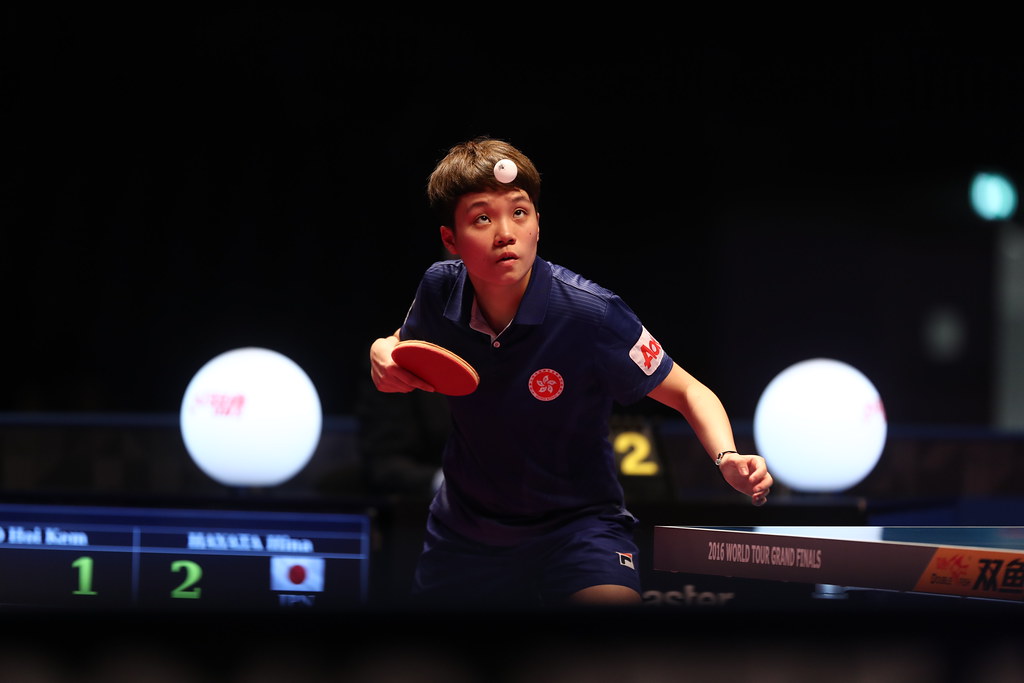by Ian Marshall, ITTF Publications Editor
A three-one victory margin was the end result in the final in opposition to India ‘A’ with Jeet Chandra proving the backbone of victory.
He beat both Shivaji Roy (11-4, 11-8, 11-6) and Snehit Suravajjula (14-12, 12-10, 13-11), the further win for India ‘A’ was recorded by Parth Virmani, in the opening match of the engagement; he overcame Snehit Suravajjula in a full distance five games duel (12-10, 5-11, 5-11, 7-11, 11-6). The one win for India ‘B’ was recorded in the doubles; Manush Utpalbhai Shah and Parth Virmani beat Anukram Jain and Snehit Suravajjula (11-9, 11-9, 7-11, 11-5).
It was for Snehit Suravajjula three defeats in the final, very much a reversal of two days earlier when he had won the Junior Boys’ Singles title.
A three-one title deciding victory in favour of India ‘A’; at quarter-final stage it was the same outcome against the Thai trio of Yanapong Panagitgun, Supakron Pankhaoyoy and Purit Verakultawan, before a three-nil success was recorded against Qatar’s Mohammed Abdulwahhab and Nawaf Al-Malki.
The player to cause the Indian trio problems was Panagitgun Yanapong; in the second match of the fixture against Thailand, he beat Jeet Chandra (9-11, 11-6, 11-3, 13-11).
Meanwhile, in the opposite half of the draw en route to the final, it was victory by three matches to nil in both encounters for India ‘B’.
At the quarter-final stage it was success against the combination of Thailand’s Chetthanathip Chanpen and Jordan’s Mohammad Abu-Tayeh; in the penultimate round in opposition to Egypt’s Youssef Abdel-Aziz and Ahmed Meshref.
Notably, the one player to pose problems on the journey was Youssef Abdel-Aziz, the reigning African junior champion, he extended Snehit Suravajjula, the full five games distance (11-9, 5-11, 5-11, 11-2, 11-7).



